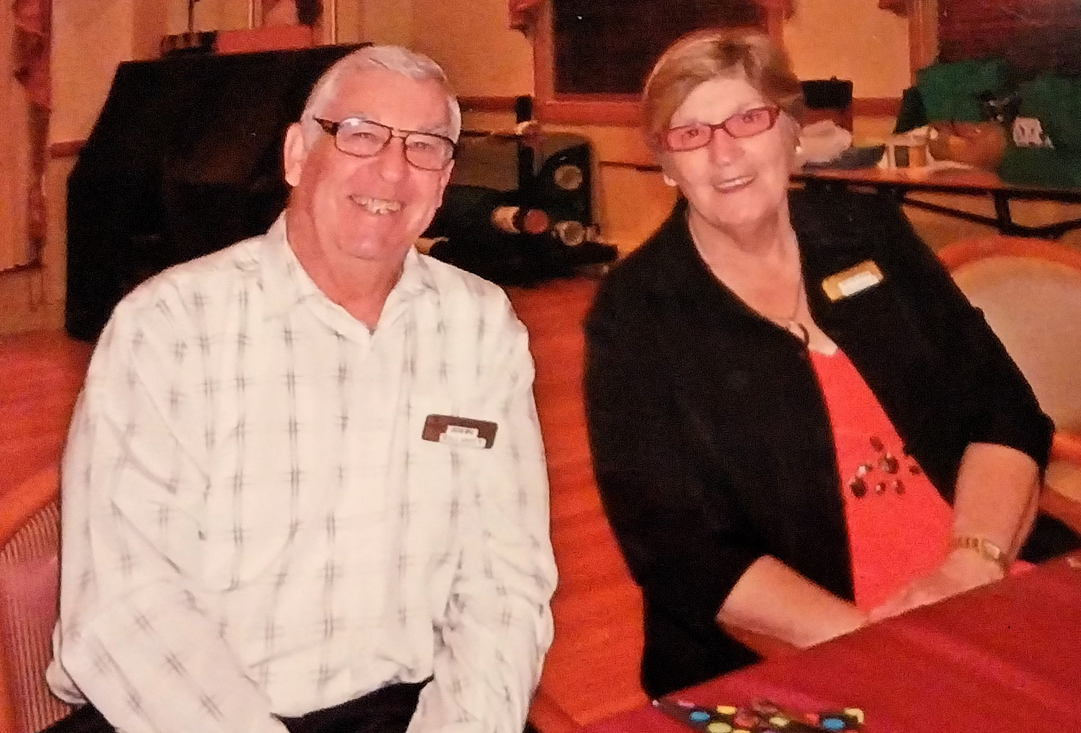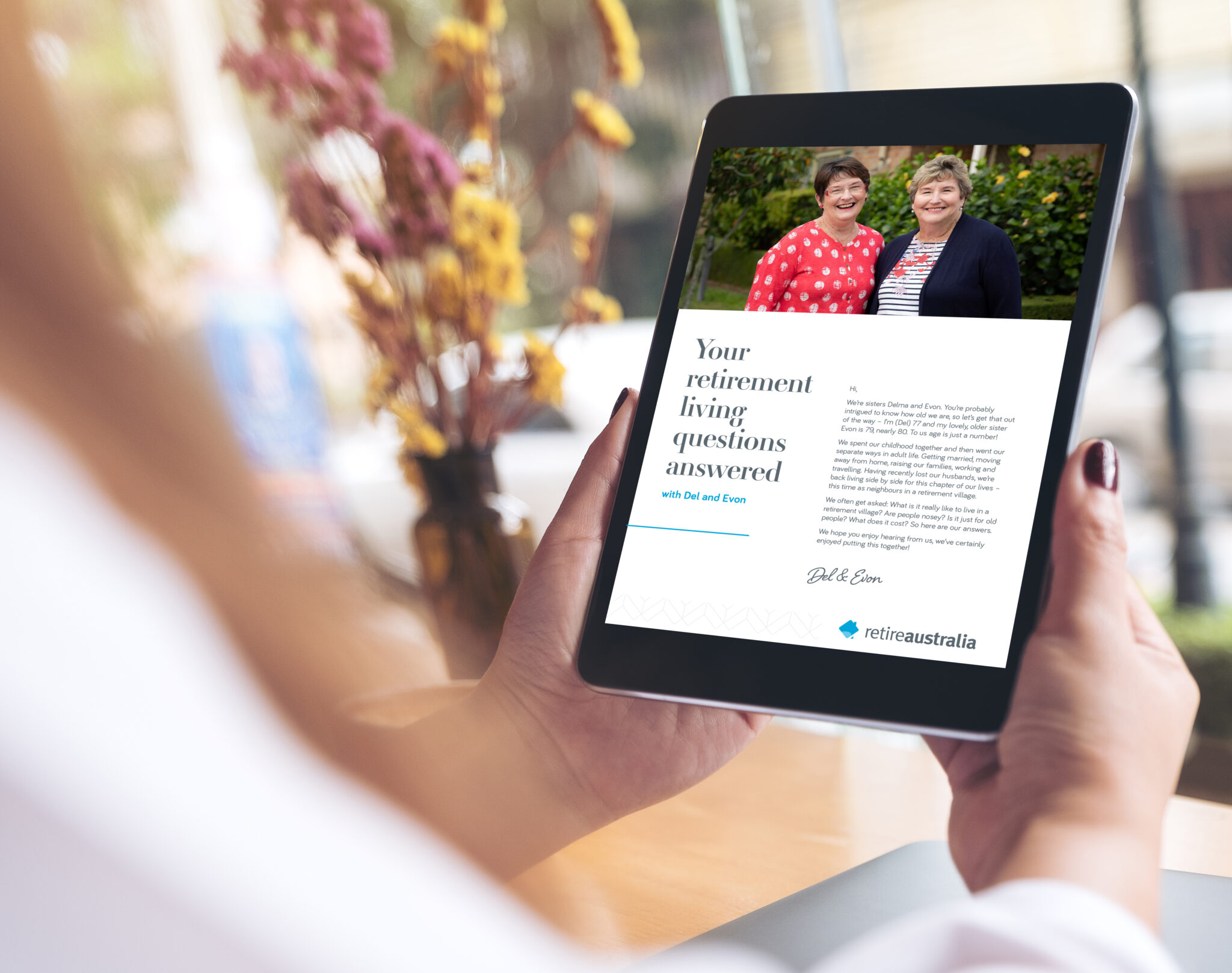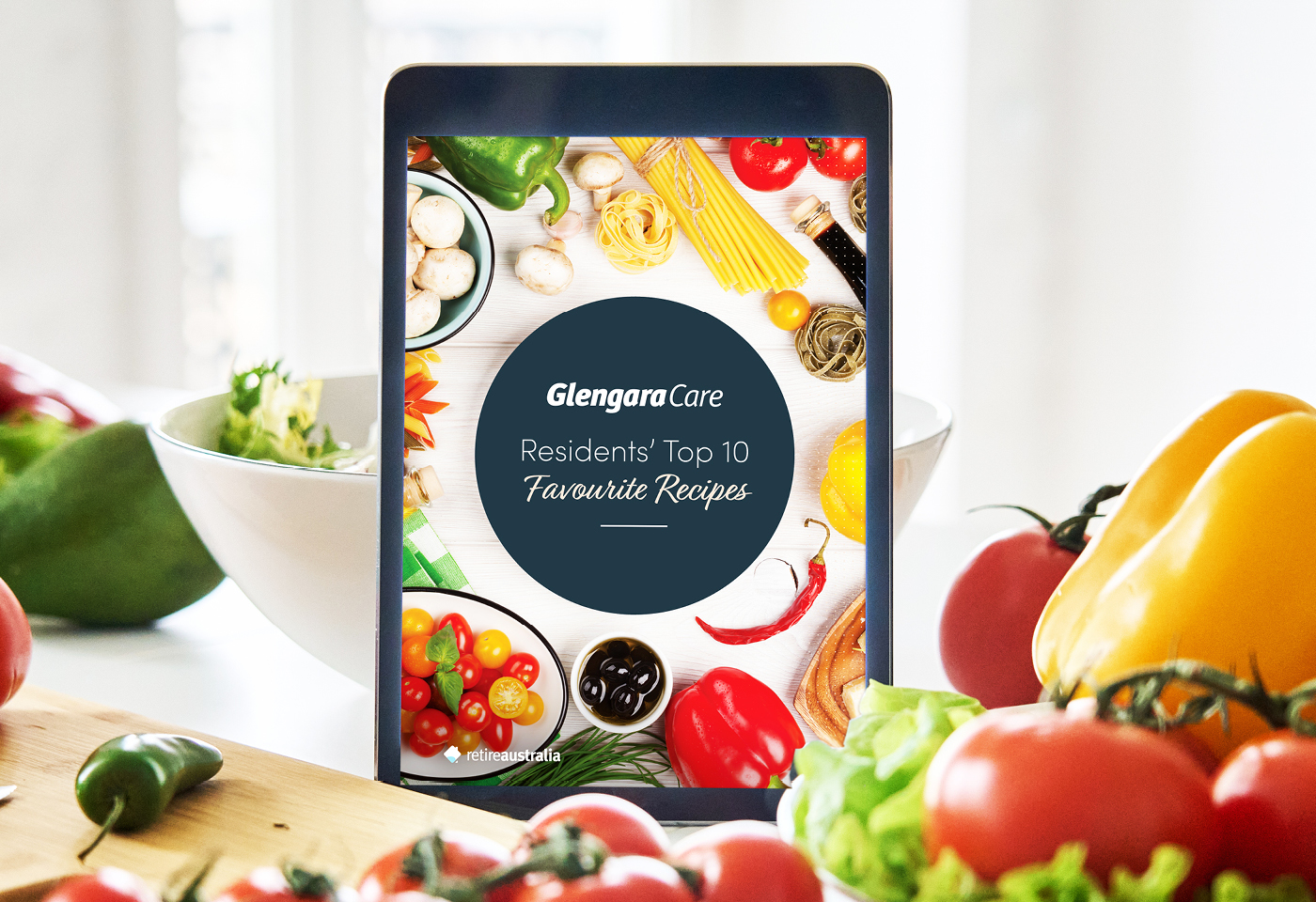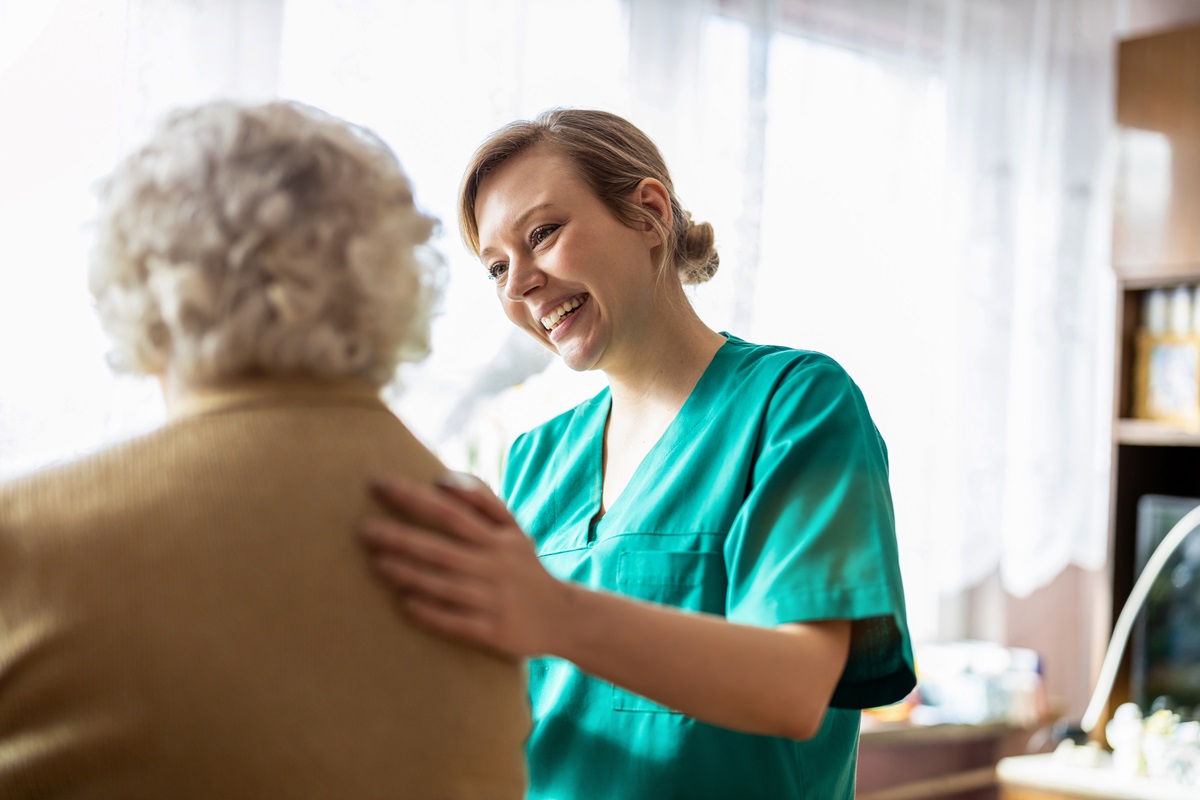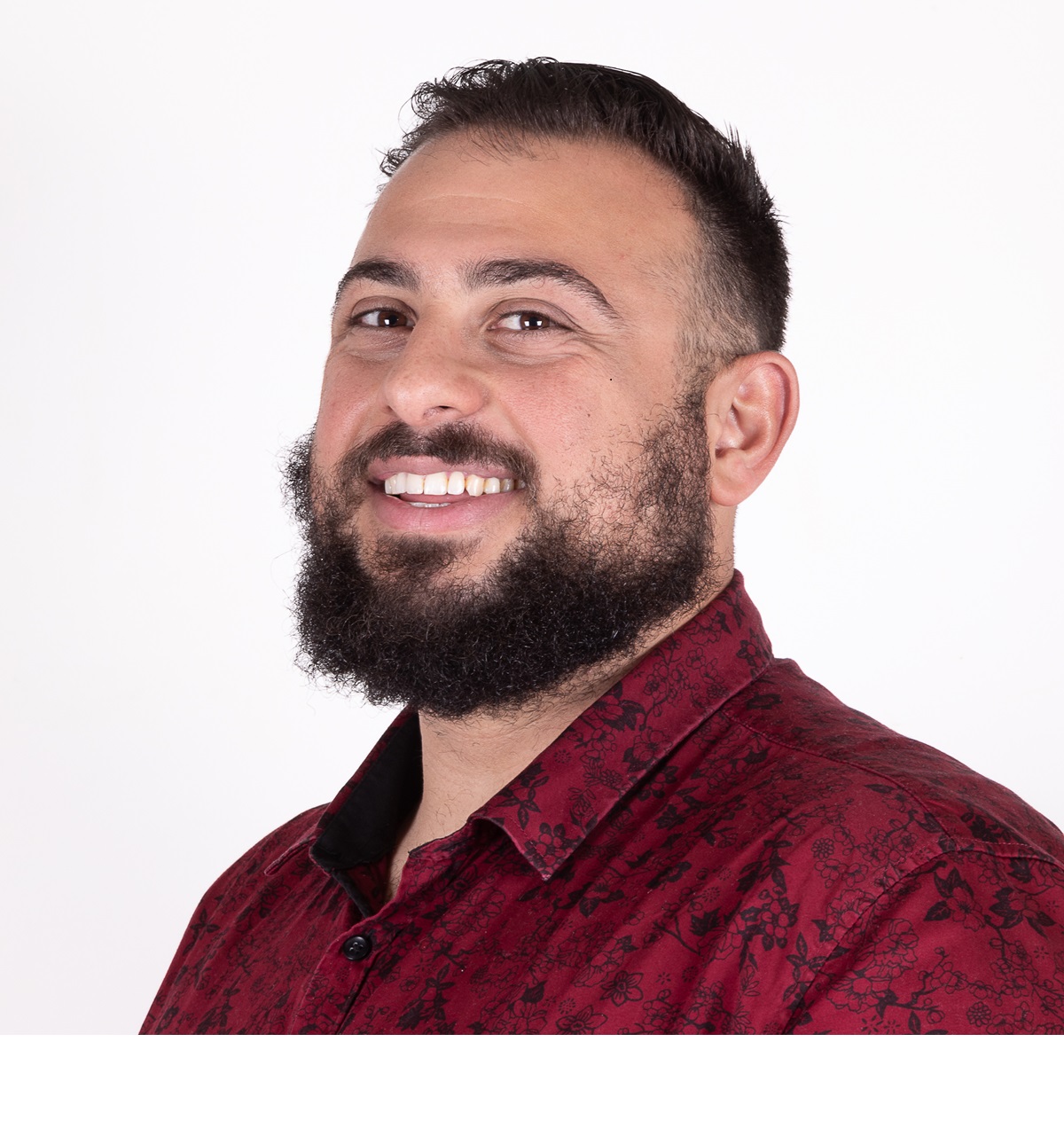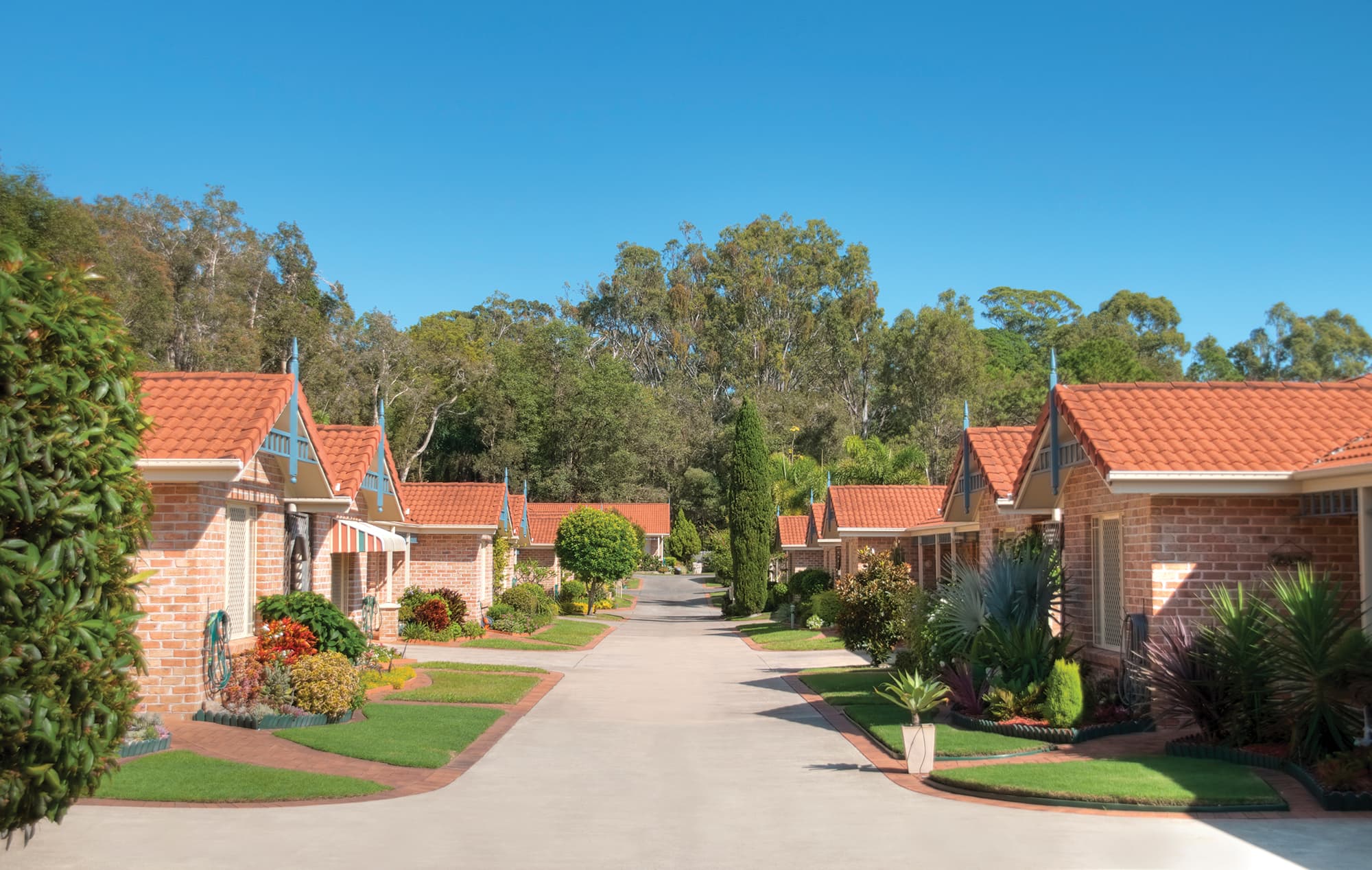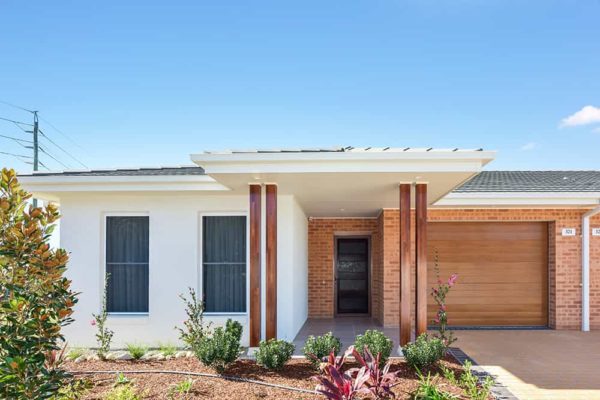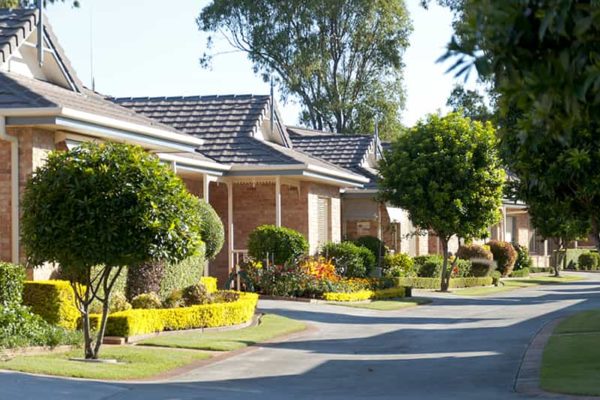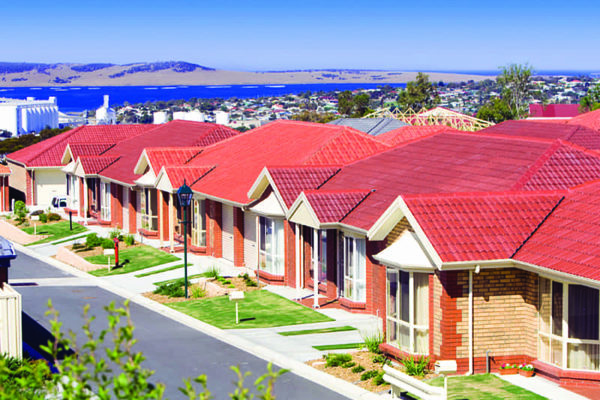Being diagnosed with cancer can be a major life challenge, no matter what age you are.
Cancer is most common in older Australians with 68% of cancers diagnosed in 2010 detected among people aged 60 years or older. It affects people from all walks of life, in every location, at any age.

In 2012, a staggering 14.1 million new cases of cancer were detected around the world, excluding non-melanoma skin cancers.
Most of us have been touched by cancer in some way – whether personally or through a friend, colleague or family member. It is a disease that can be distressing and confusing for those affected and is often difficult to comprehend for all involved.
There are more than 100 types of cancer that can affect the human body including common forms like breast, bowel and lung cancer and less common forms like uterine, blood or stomach cancer.
So what exactly is cancer and how can it occur?
Cancer is defined as a disease caused by an uncontrolled division of abnormal cells.
Normally, cells grow and multiply in a controlled way, however it’s the cell’s genetic blueprints that control this process. When the genes are damaged, control is lost and cells begin to multiply rapidly.
These cells may form a lump/tumour or they may cause the blood or lymph fluid in the body to become abnormal. Not all tumours are cancerous or harmful and if the cells do not spread they are said to be benign and not cancerous. If they spread into surrounding areas or to different parts of the body, they are malignant.
Myth
We’ve all heard myths about what causes cancer, from standing too close to the microwave or drinking too many cups of coffee. But many of these things are just that – myths.
Fact
What we do know is that there are a number of chemical, physical and biological agents that have been shown to trigger the genetic damage that can cause cancer. These agents, known as carcinogens include tobacco, ultraviolet radiation and asbestos.
Behavioural and lifestyle risk factors include an unhealthy diet, a sedentary lifestyle, obesity and overconsumption of alcohol.
Up to one third of all cases are preventable, so it’s vital to lead a healthy lifestyle to reduce your risk of the disease.
Know your body
It’s also important to get to know your body and pay attention to what feels normal and what doesn’t because early detection saves lives. If you notice any changes, such as a lump in your breast or a spot growing on your skin, make sure you book an appointment with a dependable GP.
No matter what age you are, if you or a loved one is diagnosed with cancer, it can be a challenging and overwhelming experience, but support is always available.
Cancer Council has a team of trained clinical professionals available to answer all questions about all cancers. Those in need of cancer-related support can call Cancer Council on 13 11 20 from Monday to Friday between 8am and 6pm.
Source: Cancel Council Queensland
